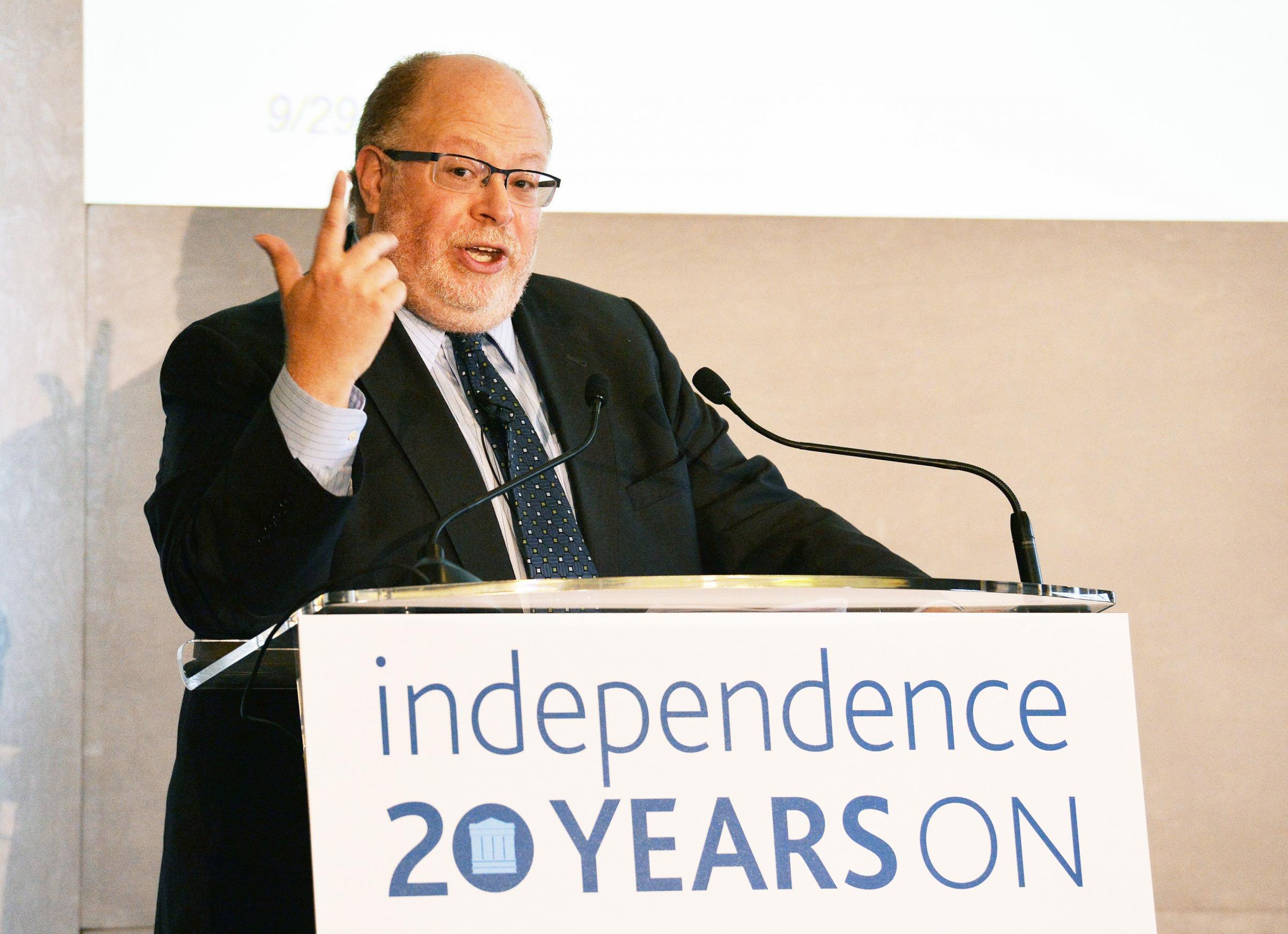
SCOTLAND is suffering a “cost of living with Westminster crisis”, it has been claimed, after stark reports revealed the full impact of Brexit on soaring inflation and food prices.
The trade agreement between the EU and the UK came fully into force one year ago today.
Research last week revealed the impact of the new barriers on trade, including a six per cent increase in food prices in the UK, according to the London School of Economics’ Centre for Economic Performance.
Other studies, produced by think-tank UK in a Changing Europe, concluded there has been a “clear and sizeable” drop in imports from the EU following the implementation of the UK-EU trade agreement.
UK imports from the EU fell about 25% more than UK imports from the rest of the world after the agreement came into effect.
Economist Adam Posen, a former Bank of England policy maker, warned Brexit is “80% responsible” for the UK’s soaring inflation.
Scotland’s Constitution Secretary Angus Robertson said: “Brexit has made the cost of living crisis worse for the UK and Scotland in particular since we did not vote for this damaging policy.
“It has brought into sharp focus how Scotland has a ‘cost of living with Westminster’ crisis.
“Inaction and foot dragging by the Westminster Government compared to other countries is already making this crisis worse for ordinary people, but their Brexit plays a big part in exacerbating the problems people face.
“Brexit has hit businesses with increased costs, paperwork and border delays and our food and drink sector is being unfairly disadvantaged, just as we warned it would be; and it is but one of a number of industries suffering worsening labour shortages as a direct consequence of Brexit and the pandemic.”
Robertson said independence is the only “realistic route” for Scotland to regain EU membership and escape “from repeats of a ‘cost of living with Westminster’ crisis”.
He added: “Scotland voted against Brexit and wanted no part of this disarray, but still we are living with the consequences of the Westminster Government’s hard Brexit deal.
“By its actions during the Brexit process and in its aftermath, the Westminster Government has shown it is not interested in a partnership with the Scottish Parliament or the Scottish Government.”
Speaking at a conference held by UK in Changing Europe last week, Posen said 80% of the reason why the UK will see the highest inflation of any G7 country next year was due to the impact of Brexit.
The economist, who heads the Peterson Institute for International Economics in Washington, said predictions about the impact of Brexit had “unfortunately” turned out as many had predicted, adding that “gravity matters” in economics.
“[That is] the idea there is real reason why you trade and invest primarily with the economies that are closer to you geographically and historically,” he said.
“Brexit was just running in the face of that.”
He added: “The basic idea of defying gravity was always a stupid one …the historical record defying gravity is that it looks really nice initially and then it doesn’t end well.
“Put it differently in economic terms, once you are defying gravity you end up lost in space.
“The UK has seen just overall a huge decline in its trade because it had a huge terms-of-trade shock to trade with its primary partner.”







